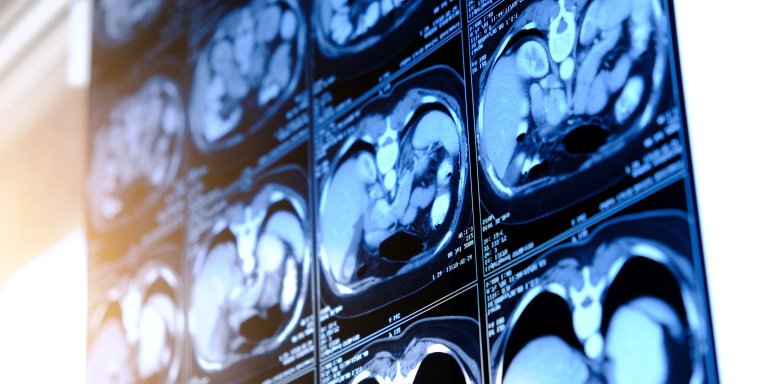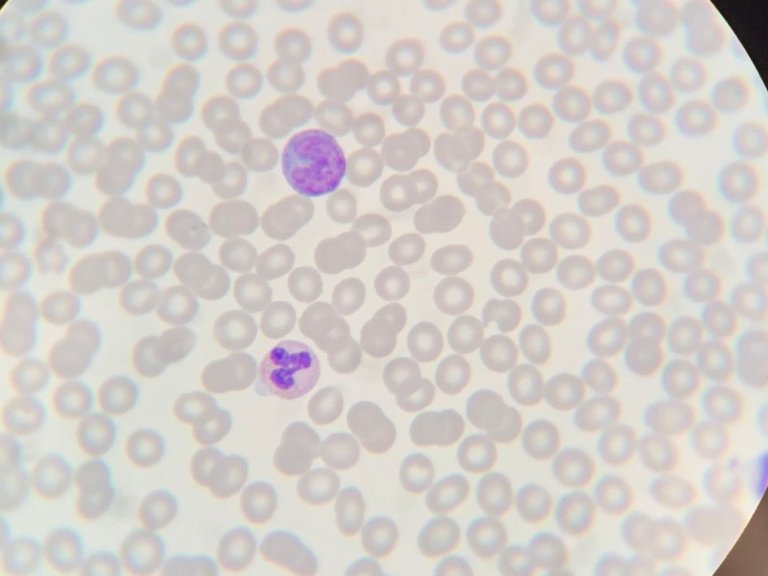"Colon cancer is one of the most common types of cancer. Metastases are found in the liver in more than half of the patients and almost all of these patients receive chemotherapy as part of their treatment. Measuring the effect of chemotherapy is critical. Until now, these measurements were carried out manually by radiologists, by manually measuring the difference in diameter of the liver tumours on CT scans before and after treatment. This way of working is time-consuming and not always accurate. In addition, only the difference in diameter can be measured and not the difference in tumour volume. The new AI tool will soon be able to do all this, while also automatically drawing the tumours on the CT scans," says Zeeuw.
Painstaking work
Within the CAESAR research group, there is close collaboration between surgeons, radiologists, oncologists and data scientists. The idea for the development of the AI tool originated within the CAESAR research group. The software was trained with almost 100 CT scans of patients, on which the liver tumours were drawn by hand. The model was developed by data scientists Jacqueline Bereska and Luuk Wagenaar.
Implementation in daily practice
AI applications for healthcare often get stuck in the development phase. Because if it is not possible to integrate them seamlessly into the existing working methods of doctors and nurses, they are often not used in daily practice. "A crucial step in the development of this AI tool was its implementation in the software that radiologists use every day to assess examinations," says Zeeuw.
Decision on the right treatment
The AI tool can significantly improve patient care. First of all, the tool provides radiologists with a more accurate and faster way to assess tumours and assess the effect of chemotherapy. This can help doctors make decisions about the right treatment. Because even if the tool shows that a treatment is not sufficiently effective, this knowledge improves the quality of care for this patient; After all, they do not have to continue the treatment unnecessarily. The hope is that in the longer term, the AI tool can also contribute to selecting patients for surgery. Although this is not yet possible in the short term, the future is promising.




